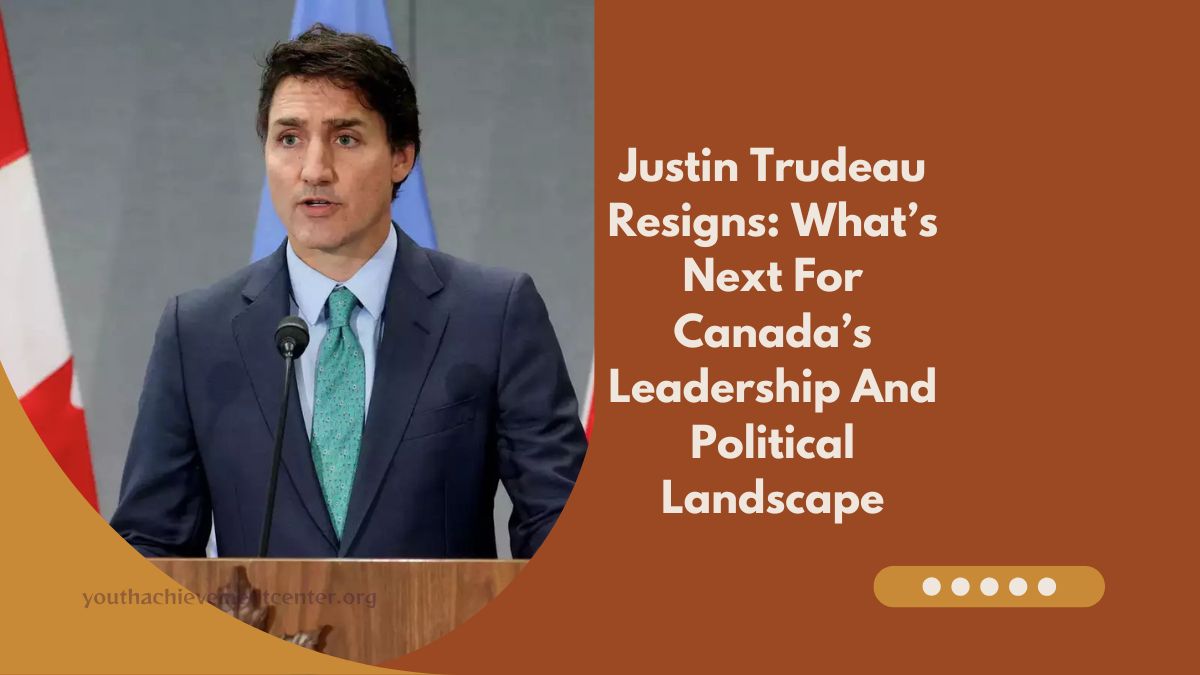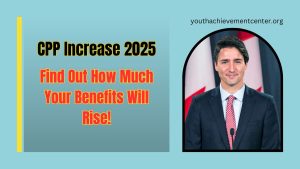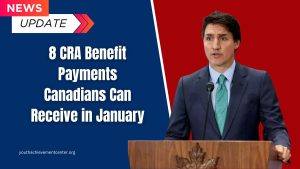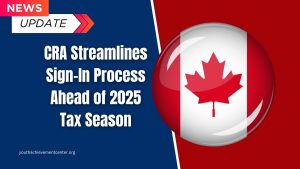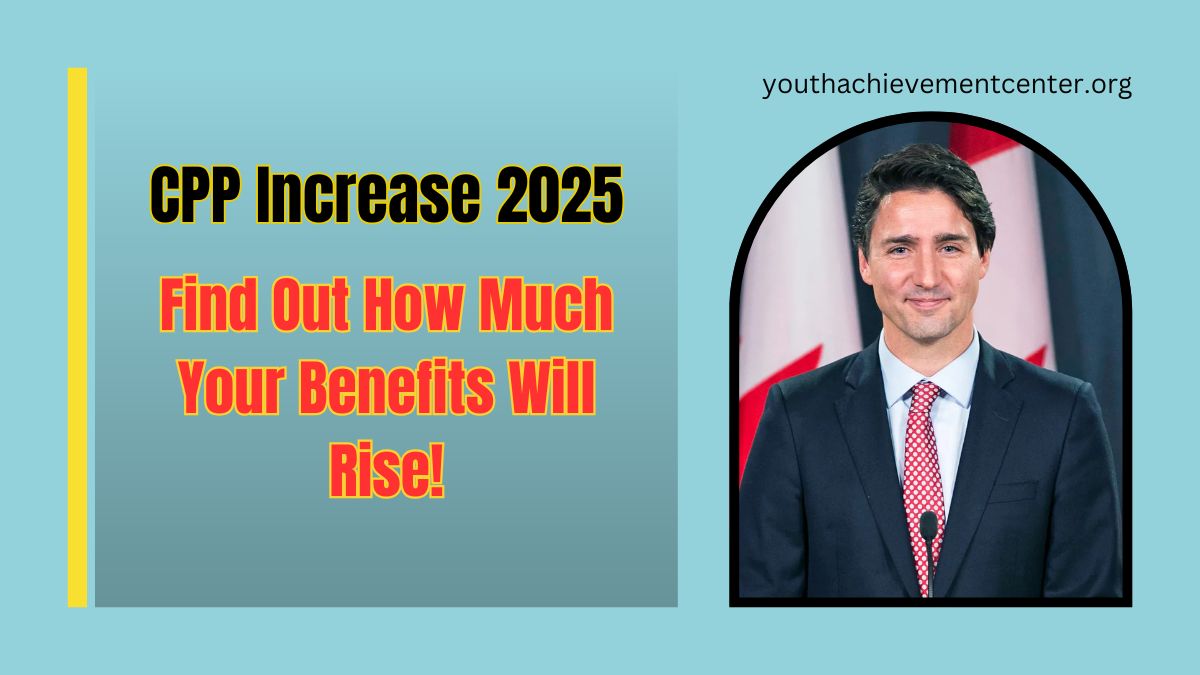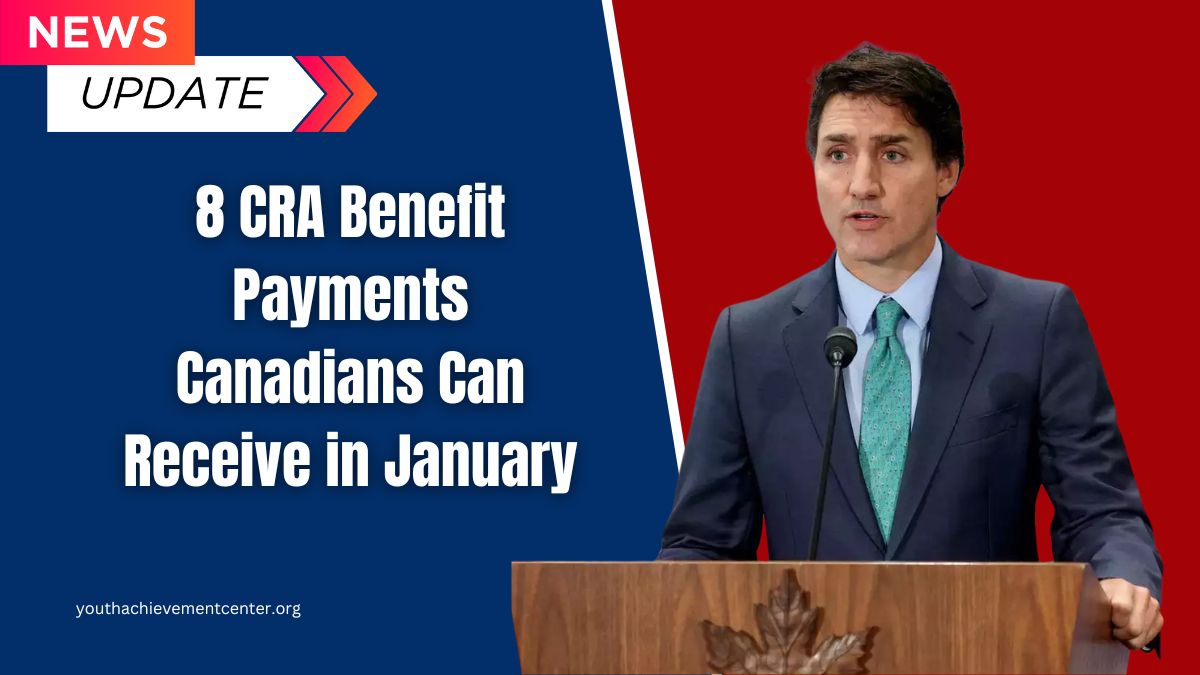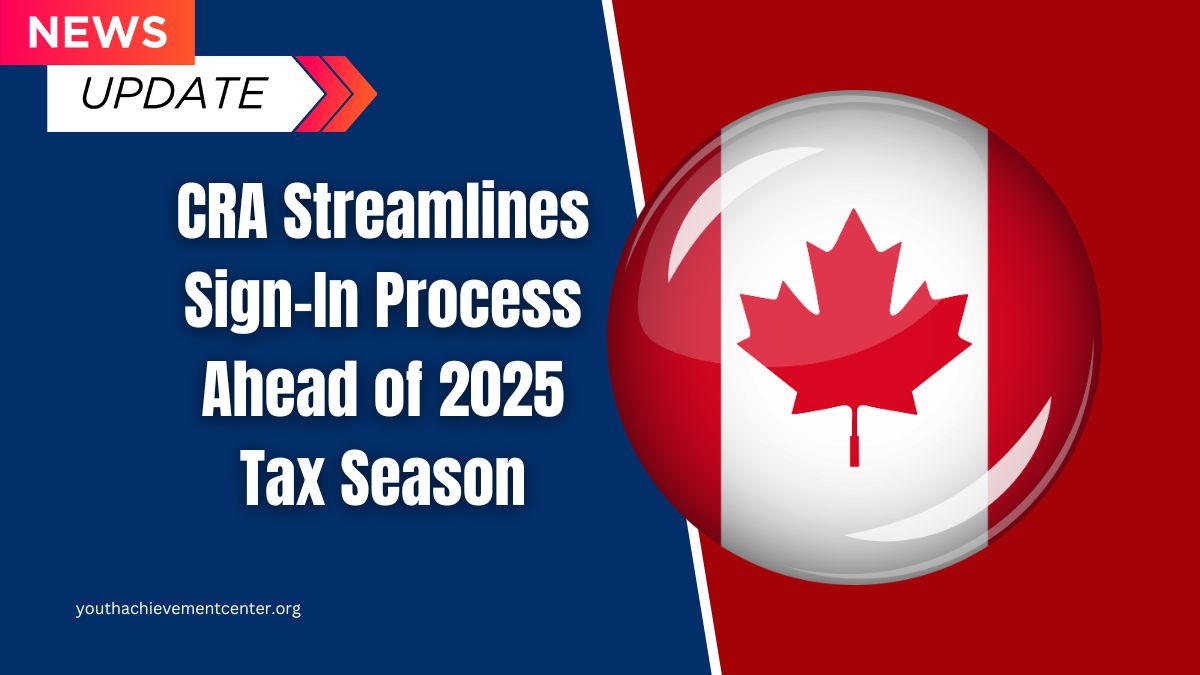Canadian politics is at a crossroads following Justin Trudeau’s resignation as Prime Minister and leader of the Liberal Party.
After nearly a decade in office, Trudeau’s departure has left his party scrambling to select a successor while the opposition parties prepare to seize the moment.
Here’s what lies ahead for Canada as it navigates this pivotal transition.
Trudeau’s Resignation: A Quick Recap
Justin Trudeau announced his resignation amidst mounting pressures from within the Liberal Party, driven by a cost-of-living crisis, political challenges, and disagreements over handling economic threats like Donald Trump’s proposed 25% tariffs on Canadian goods.
Trudeau cited internal party struggles as a key reason for stepping down, stating, “I cannot be the best option if I’m fighting internal battles.”
What’s Next for the Liberal Party?
1. Leadership Selection Process
The Liberal Party must now choose Trudeau’s successor. The party’s president, Sachit Mehra, has been tasked with initiating the leadership contest, which must follow the constitutional rules outlined by the party. Here’s what to expect:
- Timeline: The party has until March 24, 2025, to elect a new leader.
- Process: A nationwide, competitive leadership vote will take place. Eligible candidates will declare their intentions, and Liberal Party members will vote on their preferred choice.
2. Trudeau’s Interim Role
Until a new leader is selected, Justin Trudeau will remain Prime Minister. His decision to ask for Parliament’s suspension until March 2025 aims to give the Liberal Party time to reorganize and focus on the leadership race.
3. Potential Candidates
Several prominent figures are emerging as contenders to succeed Trudeau:
| Potential Candidate | Current/Former Role | Strengths |
|---|---|---|
| Chrystia Freeland | Former Deputy Prime Minister and Finance Minister | Well-known, experienced in handling economic issues. |
| Anita Anand | Transport Minister | Known for her leadership and crisis management skills. |
| François-Philippe Champagne | Minister of Innovation, Science, and Industry | Strong focus on economic and technological innovation. |
| Mark Carney | Former Governor of the Bank of England | Renowned economist with global credentials. |
| Mélanie Joly | Minister of Foreign Affairs | Known for her diplomatic skills and international relations. |
The Role of Opposition Parties
The Conservative Party, Bloc Québécois, and the New Democratic Party (NDP) are planning to capitalize on the Liberal Party’s internal turmoil.
They have announced plans to introduce a non-confidence vote once Parliament resumes.
- Impact of a Non-Confidence Vote:
If the opposition wins the vote, it would likely trigger an early federal election, originally scheduled for October 2025. This could further destabilize the Liberal Party if they fail to rally around a strong new leader.
Implications for Canada
1. Economic Challenges
Canada faces significant economic hurdles, including:
- High inflation and housing affordability issues.
- Uncertainty over how to handle Trump’s proposed tariffs, which could severely impact trade.
The new leader must address these challenges while maintaining public confidence.
2. Political Stability
Trudeau’s resignation signals a shift in Canadian politics. The Liberal Party must not only elect a capable leader but also regain the trust of Canadians to remain competitive in the next election.
Justin Trudeau’s resignation marks a turning point for Canadian politics. While the Liberal Party begins the process of selecting a new leader, the opposition is poised to leverage this period of uncertainty.
With economic challenges looming large, Canada’s next leader faces the monumental task of steering the nation through turbulent times.
The months ahead will determine not only the fate of the Liberal Party but also the trajectory of the country’s political and economic landscape.
FAQs
Why did Justin Trudeau resign?
Trudeau stepped down due to internal party conflicts, declining public approval, and mounting economic challenges, including disputes over handling potential U.S. tariffs.
Who is likely to succeed Trudeau as Liberal Party leader?
Prominent contenders include Chrystia Freeland, Anita Anand, François-Philippe Champagne, Mark Carney, and Mélanie Joly.
When will the new Liberal Party leader be selected?
The Liberal Party must choose a new leader by March 24, 2025, through a competitive leadership contest.

